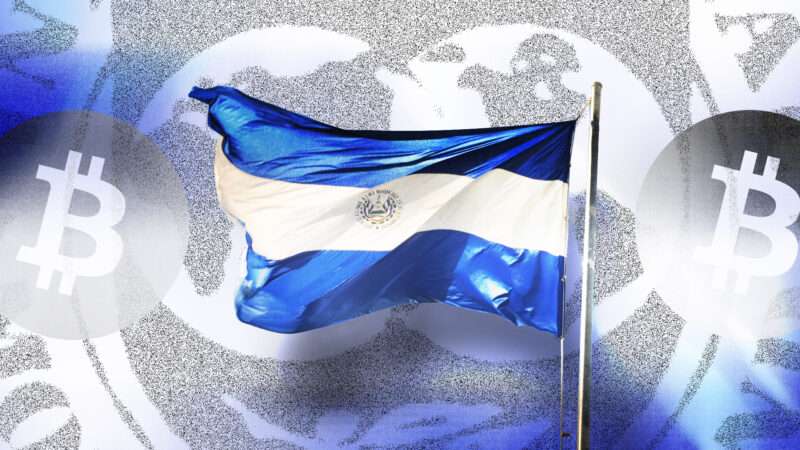
El Salvador has agreed to scale back its crypto agenda in exchange for a $1.4 billion loan from the International Monetary Fund (IMF), marking a shift in the country's quest to become a global cryptocurrency hub.
After four years of negotiations, the IMF approved a $1.4 billion Extended Fund Facility loan to be disbursed over 40 months to support El Salvador's economic reforms. But securing the deal came at a cost: The Salvadoran government promised to improve its fiscal balance, lower its debt-to-GDP ratio, and reduce the financial risk associated with bitcoin.
This represents a significant pivot for President Nayib Bukele, who in 2021 made headlines by declaring bitcoin legal tender alongside the U.S. dollar, positioning El Salvador as the world's first "crypto nation."
To encourage adoption, the Bukele administration launched a government-backed digital wallet called Chivo, offering citizens $30 in bitcoin for downloading it. The country installed hundreds of bitcoin ATMs and even unveiled plans for Bitcoin City, a futuristic urban hub powered by geothermal energy from nearby volcanoes.
The IMF opposed El Salvador's crypto policies from the start, warning of "large risks associated with the use of Bitcoin on financial stability, financial integrity and consumer protection." Global credit agencies such as Moody's and Fitch echoed these concerns, downgrading El Salvador's credit ratings and further complicating the country's access to international financing.
"The potential risks of the Bitcoin project will be diminished significantly in line with Fund policies," the IMF stated in its announcement of the agreement.
One of the most notable shifts involves a 2021 law that requires businesses to accept bitcoin as payment. Under the new agreement, this mandate will be scrapped and bitcoin acceptance by the private sector will become voluntary.
"For the public sector, engagement in Bitcoin-related economic activities and transactions in and purchases of Bitcoin will be confined," the IMF added. Additionally, tax payments will no longer be accepted in bitcoin and must be paid in U.S. dollars.
The Chivo digital wallet will be "sold or wound down," announced Stacy Herbert, director of El Salvador's National Bitcoin Office. However, she emphasized that other bitcoin-related initiatives will continue.
Despite these concessions, El Salvador remains committed to its crypto strategy. The National Bitcoin Office confirmed that the country will continue buying one bitcoin per day, adding to its 5,968.77 bitcoin holdings as of December 18.
The IMF deal is part of a greater financial strategy for El Salvador, with the Bukele administration seeking additional funds from the World Bank and the Inter-American Development Bank, among others. In total, the country hopes to secure over $3.5 billion in financial support to stabilize the economy.
The post IMF Pressures El Salvador To Stop Pushing Bitcoin appeared first on Reason.com.







